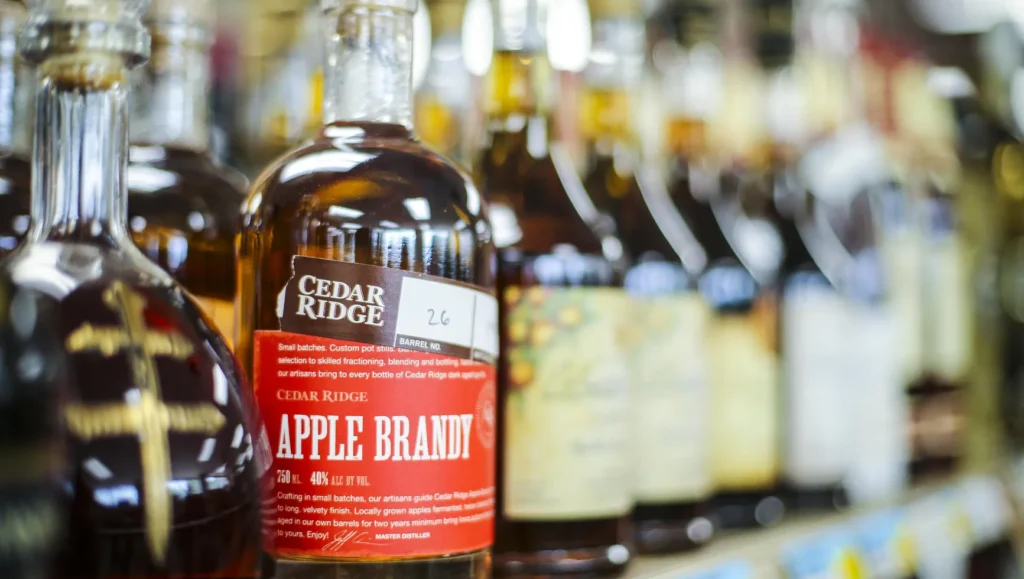Convenience Store Alcohol Liability Guide

Selling alcohol in a convenience store can be a profitable choice, but it also comes with serious responsibilities. Alcohol-related incidents can lead to legal action, fines, license suspension, or even permanent closure. That’s why understanding your responsibilities and risks is essential for store owners. This convenience store alcohol liability guide will help you navigate your legal duties, protect your business, and stay compliant with state and federal laws.
The Legal Responsibilities of Selling Alcohol
Every state has laws that govern how and when alcohol can be sold. These laws cover licensing, age verification, permissible hours of sale, and even employee training requirements. Violating any of these regulations can lead to stiff penalties.
Understanding Dram Shop Laws
One of the most important legal frameworks convenience store owners must be aware of is dram shop liability. Dram shop laws hold businesses accountable if they sell alcohol to visibly intoxicated individuals or minors, and those individuals cause injury or damage to others. For example, if a minor purchases alcohol from your store and is later involved in a car accident, your business could be held legally liable.
The Importance of Alcohol Compliance Training
To mitigate risk, store owners should prioritize alcohol compliance training for all employees. These programs teach staff how to:
Properly check IDs
Recognize signs of intoxication
Refuse service when necessary
Understand the consequences of illegal sales
Many states require this training as part of licensing, but even where it’s optional, it’s a wise investment. Well-trained staff can significantly reduce the chances of accidental violations.
Protecting Your Business with Liquor Liability Insurance
One of the most effective ways to shield your convenience store from alcohol-related lawsuits is by securing liquor liability insurance. This type of coverage provides protection if your store is sued due to the actions of someone who purchased alcohol on your premises. Without it, you could be forced to cover legal costs, settlements, or judgments out-of-pocket.
When selecting a policy, look for coverage that includes:
Legal defense costs
Settlements and judgments
Coverage for employee misconduct
Assault and battery protection (if alcohol is a contributing factor)
General Liability vs. Liquor Liability Coverage
It’s a common misconception that general liability insurance covers alcohol-related incidents. In most cases, it does not. That’s why it’s crucial to add liquor liability coverage to your insurance portfolio if your store sells beer, wine, or spirits.
Preventing Underage Alcohol Sales
Selling alcohol to minors is one of the fastest ways to lose your liquor license—and your business. Penalties may include hefty fines, criminal charges, or civil lawsuits. To prevent this:
Implement a strict carding policy (e.g., ID anyone who looks under 40)
Use electronic ID verification systems
Post clear signage about ID requirements
Train staff to recognize fake IDs
Fake ID Detection Tips
Some common signs of a fake ID include:
Fuzzy printing or mismatched fonts
Unusual thickness or peeling layers
Incorrect holograms or missing watermarks
A photo that doesn’t match the person
Employees should be empowered to refuse sales if there’s any doubt about the ID’s authenticity.
Managing In-Store Incidents
Even with all precautions in place, incidents can still occur. A customer may become aggressive, another may attempt to shoplift alcohol, or someone may consume alcohol on the premises against store policy. Have a clear protocol in place:
Train staff to de-escalate confrontations
Maintain video surveillance for documentation
Create an incident log and report all events
Contact law enforcement when necessary
Being proactive and prepared shows that your store takes alcohol liability seriously.
State Licensing and Regulatory Compliance
Each state has its own alcohol licensing board. It’s critical to understand and comply with your state’s specific laws, which may include:
Applying for the correct type of license (beer-only, wine and beer, full liquor)
Renewing licenses annually
Keeping records of alcohol purchases
Limiting promotions or discounts that encourage excessive consumption
Failing to comply can result in license suspension or revocation.
Why a Liability Plan Matters for Small Businesses
For small businesses like convenience stores, one lawsuit can be financially devastating. That’s why creating a comprehensive liability strategy is crucial. This includes:
Having proper insurance in place
Training staff regularly
Following state and federal regulations
Keeping detailed records
Proactively managing these areas is not just about avoiding fines; it’s about protecting your reputation and livelihood.
Final Thoughts
Running a convenience store that sells alcohol is about more than stocking shelves and making sales. It’s about understanding your responsibilities, mitigating risks, and building a business that stands the test of time. This convenience store alcohol liability guide is a starting point to help you safeguard your operations and make informed decisions.
If you’re unsure about your current liability coverage or legal obligations, speak with a professional who specializes in liquor liability for small businesses. A little planning now can save you from costly consequences later.
